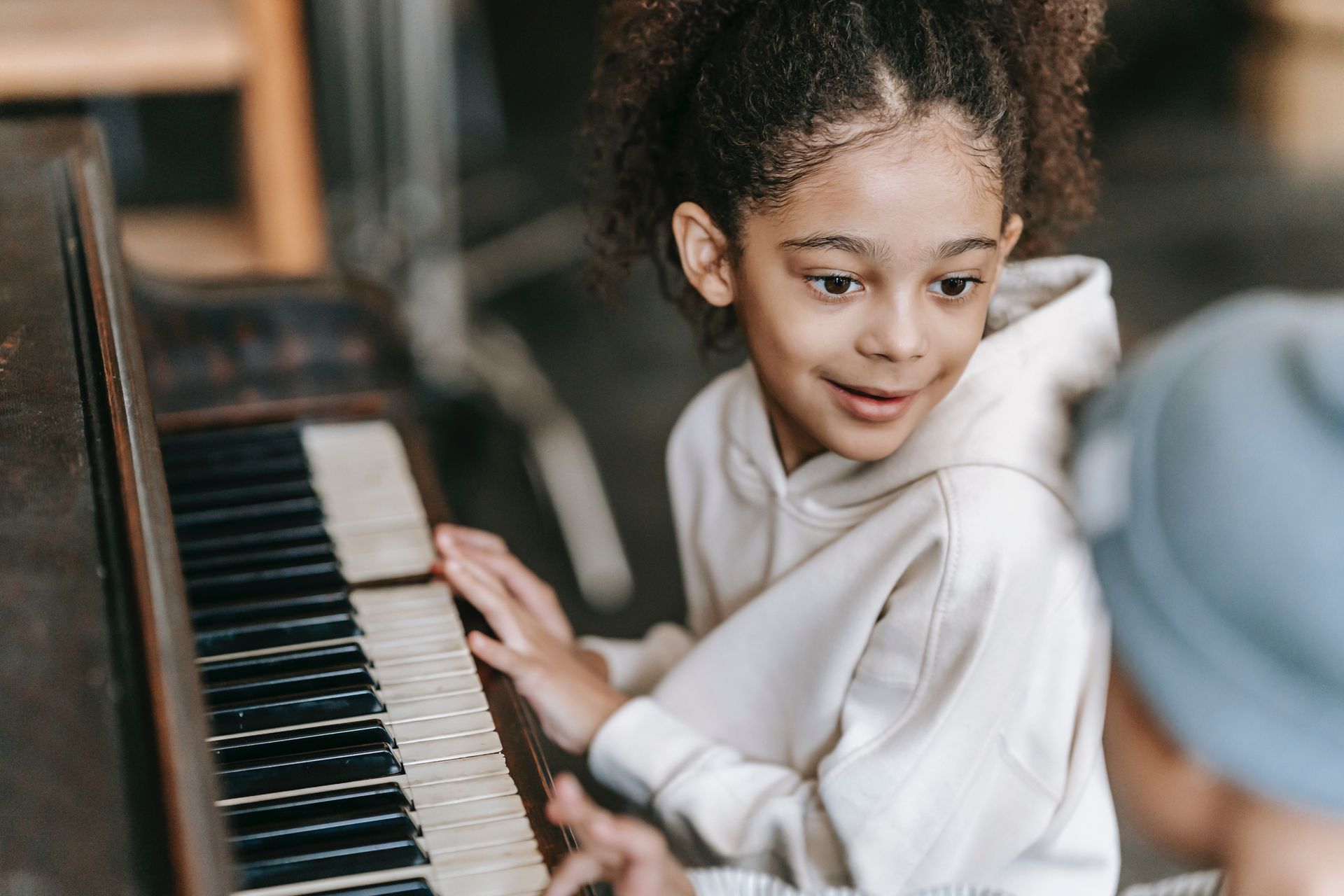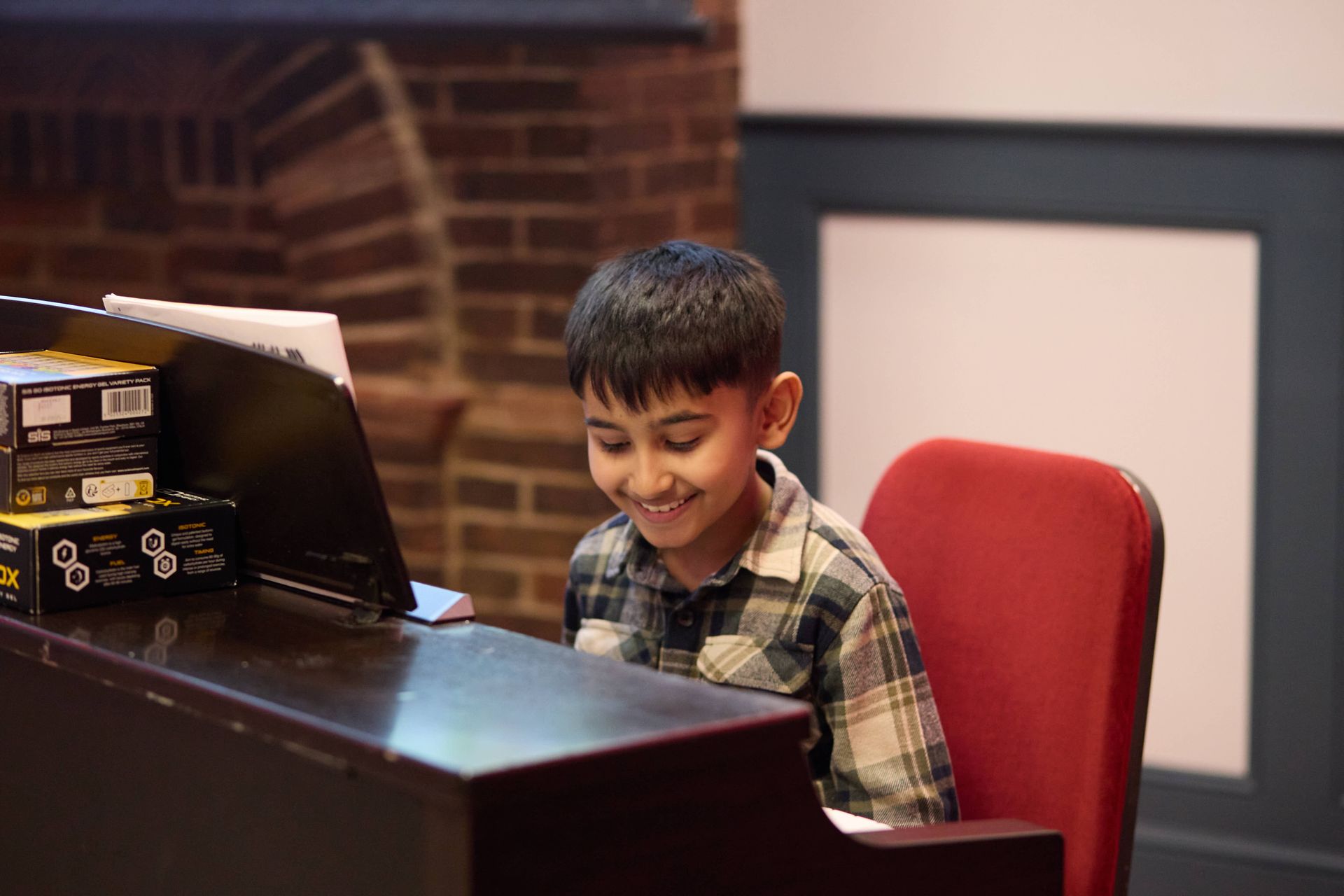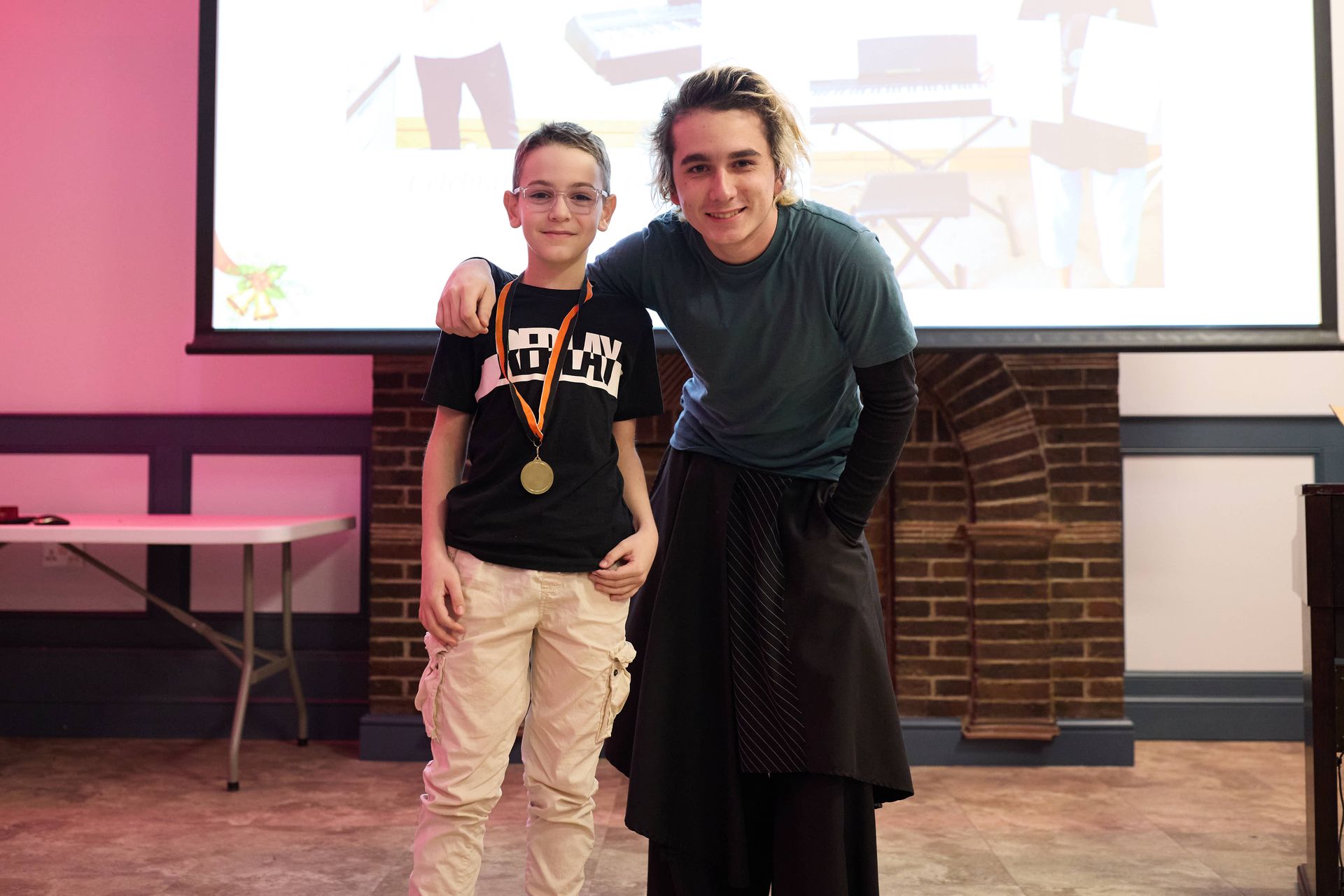WHY READING SHEET MUSIC IS STILL IMPORTANT
So why is it that reading sheet music is so important?
Whilst some play by ear or improvise without music, we believe that it’s also an important skill to be able to read from sheet music too.
 Learn music faster – they say learning how to read sheet music is like using a formula to solve a maths equation. Sure you could try and figure out the equation without the formula, but why not save yourself some time?
Learn music faster – they say learning how to read sheet music is like using a formula to solve a maths equation. Sure you could try and figure out the equation without the formula, but why not save yourself some time?
 Play with accuracy – even if you’re exceptionally good at playing by ear, it’s still worth double checking the sheet music. Sometimes we think we have learned a piece correctly, but in comparing your rendition to the sheet music, you may find incorrect sections within the piece.
Play with accuracy – even if you’re exceptionally good at playing by ear, it’s still worth double checking the sheet music. Sometimes we think we have learned a piece correctly, but in comparing your rendition to the sheet music, you may find incorrect sections within the piece.
 New music theory knowledge – though you can always appreciate listening to music, diving into the sheet music will allow you to see how it works and what makes certain chords or progressions sound the way they do. Sheet music is the key to understanding the music. Once you know how to read it, your eyes (and ears) will be open to brand new facets of music, making you an even better and more rounded musician than you were before.
New music theory knowledge – though you can always appreciate listening to music, diving into the sheet music will allow you to see how it works and what makes certain chords or progressions sound the way they do. Sheet music is the key to understanding the music. Once you know how to read it, your eyes (and ears) will be open to brand new facets of music, making you an even better and more rounded musician than you were before.
For more tips and tricks follow us on Instagram: @keysoundsuk or Facebook: www.facebook.com/keysoundsuk
The post WHY READING SHEET MUSIC IS STILL IMPORTANT appeared first on Key Sounds UK.





